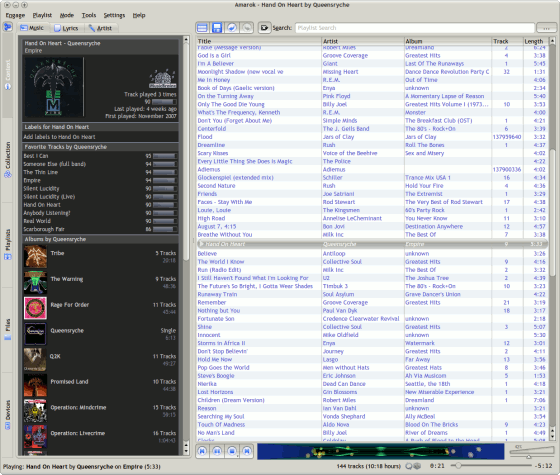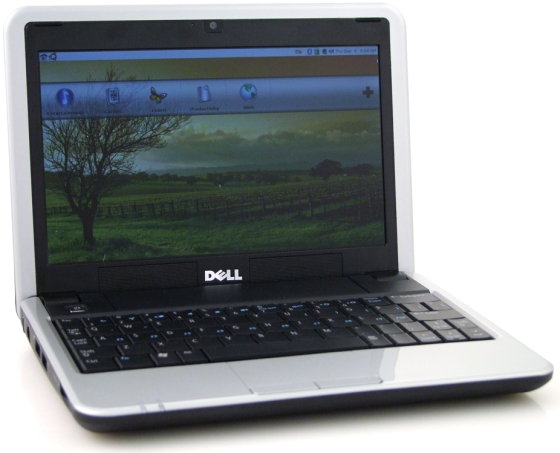You know how some songs evoke strong memories? Funny how music has a way of connecting to something deep within us…
It’s after midnight and I’m hacking away, listening to some great tunes, and here’s one of my all-time favorite songs: U2’s I Still Haven’t Found What I’m Looking For. I remember when I first heard the song: it was in college, on a warm spring day, playing sand volleyball while we cranked some CD’s my friend Dempsey had brought along. This song came on and it was just amazing for some reason.
I can’t explain it, but this song resonates with me. Maybe someday I will find what I’m looking for. Whatever that may be.



